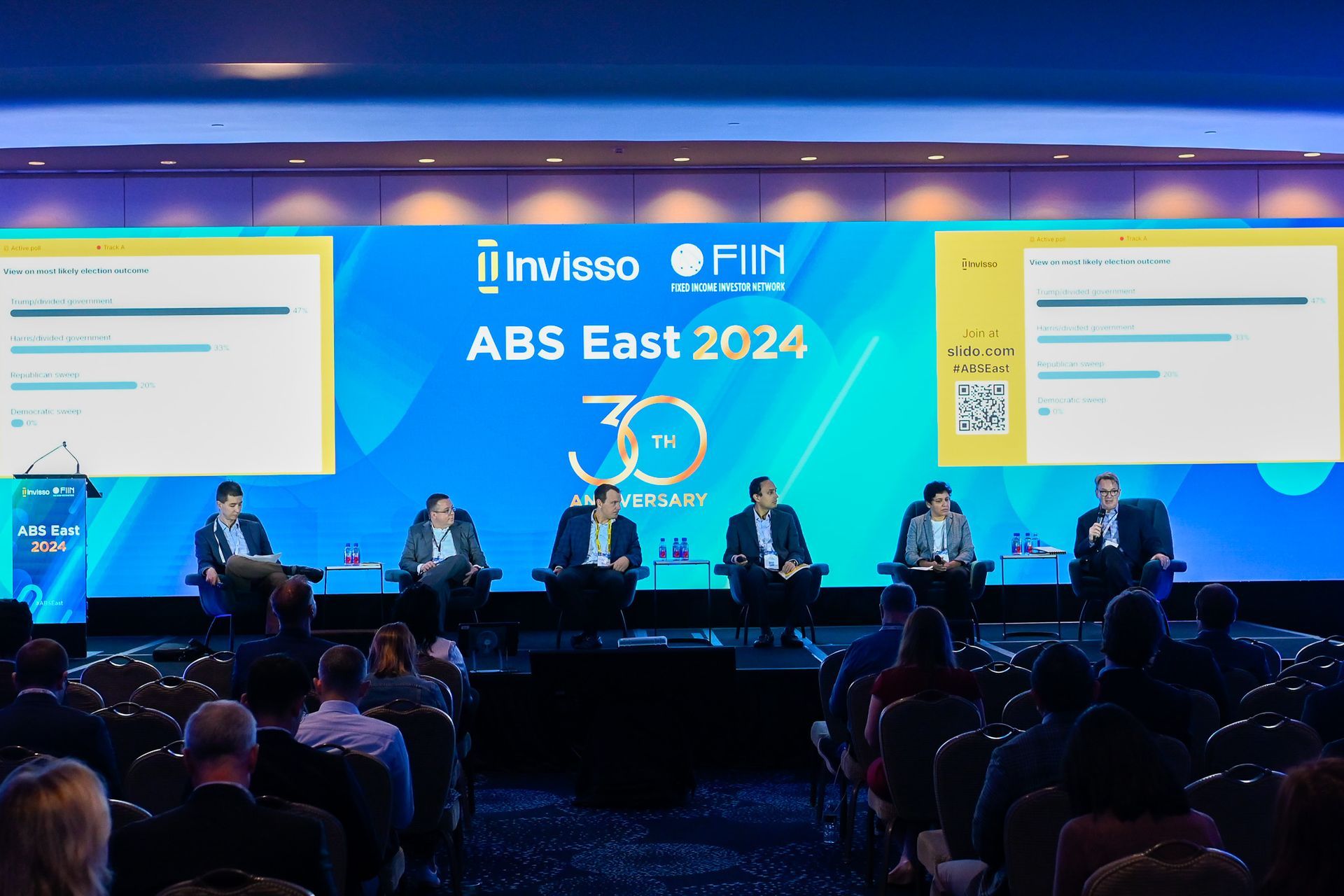Understanding Smart Contracts: Automation in Lease Agreements
Smart contracts hold great promise for lease management due to the advantages that they can bring through automation. They enable complex leasing processes to be handled in a more simple, secure and efficient way by transforming lending agreements into code enabling terms of a contract to be automatically triggered when certain conditions are met. This powerful technology holds great promise in streamline lease management processes and reducing reliance on human decision making.
Introduction to Smart Contracts
A smart contract is a term used to refer to self-executing contracts where the terms of a contract are written into a computer program. The code and the agreements the smart contract contains are typically stored on a decentralized, distributed blockchain network, with the most well known one being Ethereum. The technology functions as an intermediary, executing contractual terms when certain conditions are met. In removing any need for intermediaries to enforce a contract, and therefore removing the potential for a dispute in the first place, this technology could significantly reduce the costs associated with uncontrollable outcomes. Implementing smart contracts on a decentralized ledger network also adds another level of robustness to the contracts themselves through the risk reduction inherent in a trustless environment.

Benefits of Smart Contracts in Lease Agreements
An integral and valuable aspect of the integration of smart contracts in lease management systems is their capacity to automate the process and make it more transparent than what the current market processes offer which can have the effect of streamlining operations and removing administration overhead. This transparency is directly linked to the fundamental feature of most blockchain applications – as all transactions executed on it are recorded and stored in a digital ledger that can be accessed by all parties involved, misunderstandings of the terms or discrepancies that may occur during a contractual agreement become a thing of the past. For instance, when automating a lease agreement using smart contracts a contract is created and programmed with terms and conditions of the lease agreement, including payment schedules, penalties for late payments, and maintenance responsibilities.
The smart contract can be linked to the lessee's digital wallet whereby payments are automatically debited from the lessee’s wallet and credited to the lessor’s wallet as per the agreed schedule. IoT devices installed on the equipment can monitor its usage and condition, this data is then fed into the smart contract which can trigger maintenance requests or additional charges if the equipment is used beyond agreed limits. At the end of the lease term, the smart contract can automate the process of returning the equipment, including scheduling inspections and managing any end-of-lease payments or penalties.
All in all this process increases transparency and compliance. Efficiency is also a main advantage that comes with putting all individual contracts in a single deal into a database; the administration of the entire process becomes much more agile which eliminates the need for a laborious and tedious process of back-and-forth negotiations. Of equal importance is the fact that once deployed, smart contracts are immutable and thereby unalterable without the consent of all parties. This could potentially enhance the security of information and because no human intervention is necessary, the lessor can be guaranteed automatic compliance with the terms of the contract.
Implementation in Collateral Management and Repossession
Managing collateral and automating repossession in the event of default using smart contracts can mitigate risk and improve security. This would work right from collateral registration, when financing is secured, the equipment is registered on the blockchain as collateral. The smart contract holds this information and enforces the terms related to the collateral.
The type of smart contract used to hold this information can also be very advantageous when it comes to selling the asset and transferring ownership.
The smart contract continuously monitors payment status. If the lessee defaults on payments, the smart contract automatically triggers pre-defined actions. The contract can alert a repossession service and provide them with the location and necessary access to reclaim the equipment. In cases where the equipment has IoT capabilities, the smart contract can disable the equipment remotely until the situation is resolved. If repossession occurs, the smart contract can automatically list the equipment for resale or auction on a digital marketplace, ensuring swift recovery of funds.
We already have a few case studies of smart contracts making leasing
much more efficient within the property industry. Some high-tech brokerages have begun putting residential leases on a distributed ledger using smart contracts, and the contract itself automatically manages security deposits and even settles disputes between the landlord and tenant according to agreed-upon rules.
Challenges and Limitations
Despite their potential, widespread use of smart contracts in lease management is accompanied by
several challenges. Firstly, although they are highly multi-functional, blockchain technology could also be one of the major barriers for the adoption of smart contracts. This is due to their technical complexity that requires extensive IT personnel and costly expenditure to design and operate. As well as the technical complexity, there are other challenges such as all parties having to agree to use the technology, legal issues when using this technology and harmonizing policies in multiple provinces/states or even across different countries, and the most obvious challenge is that digital wallets and cryptocurrencies would need to play a major part in society for smart contracts to operate at scale and the way they’re supposed to.
Future Outlook and Developments
The use of smart contracts in leasing agreements is still in its early stages and will expand further as this technology progresses, and we gain a deeper understanding of the benefits it can offer the market. As the technology matures, we will have more robust, scalable solutions with the capability to manage even complex leasing operations.
Current equipment finance software solutions such as
LeaseSpark are able to create scalable automation through a form of artificial intelligence called robotic process automation. Currently LeaseSpark has 47 activities that can be automated this way. As smart contract adoption begins throughout the industry, LeaseSpark’s robotic process automation framework will easily adapt to create and enforce smart contract terms seamlessly across origination and administration tasks. It is envisioned that as the uptake in digital wallets and the use of cryptocurrencies expands, software providers in the equipment finance space can begin to harness the immense capabilities of smart contracts, enabling them to operate to their full potential.
Conclusion
Smart contracts hold significant promise for revolutionizing lease management through automation, transparency, and efficiency. By embedding the terms of a lease agreement into self-executing code on a decentralized blockchain, these contracts eliminate the need for intermediaries, reducing costs and mitigating risks. The automation of payments, maintenance requests, and end-of-lease processes, coupled with the immutable nature of blockchain records, ensures enhanced compliance and security.
Despite challenges such as technical complexity, the need for widespread adoption, and legal considerations, the future of smart contracts in lease management looks bright. As the technology evolves and gains acceptance, it is poised to transform equipment financing and broader leasing practices. Embracing digital wallets and cryptocurrencies will further unlock the full potential of smart contracts, paving the way for more streamlined and robust leasing solutions.



Case Studies
InfoHUB
©2025 TAO Solutions
Terms & Conditions | Privacy Policy | SOC 2 | ISO | Gold MS Partner | Accessibility








